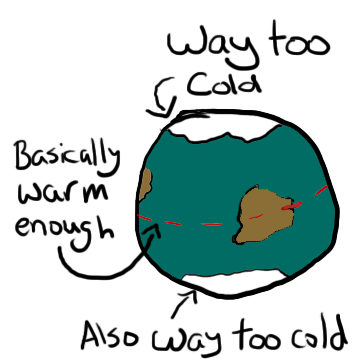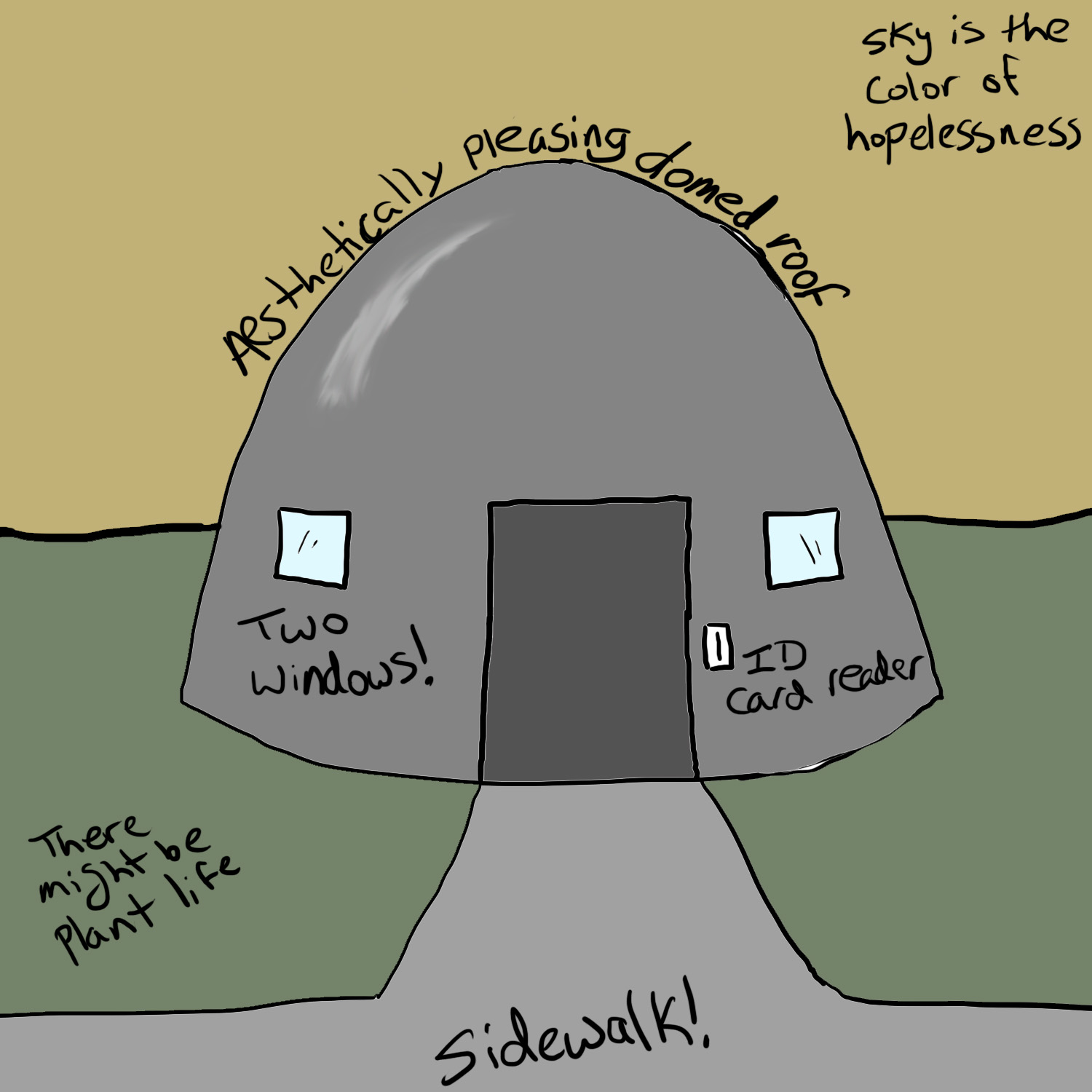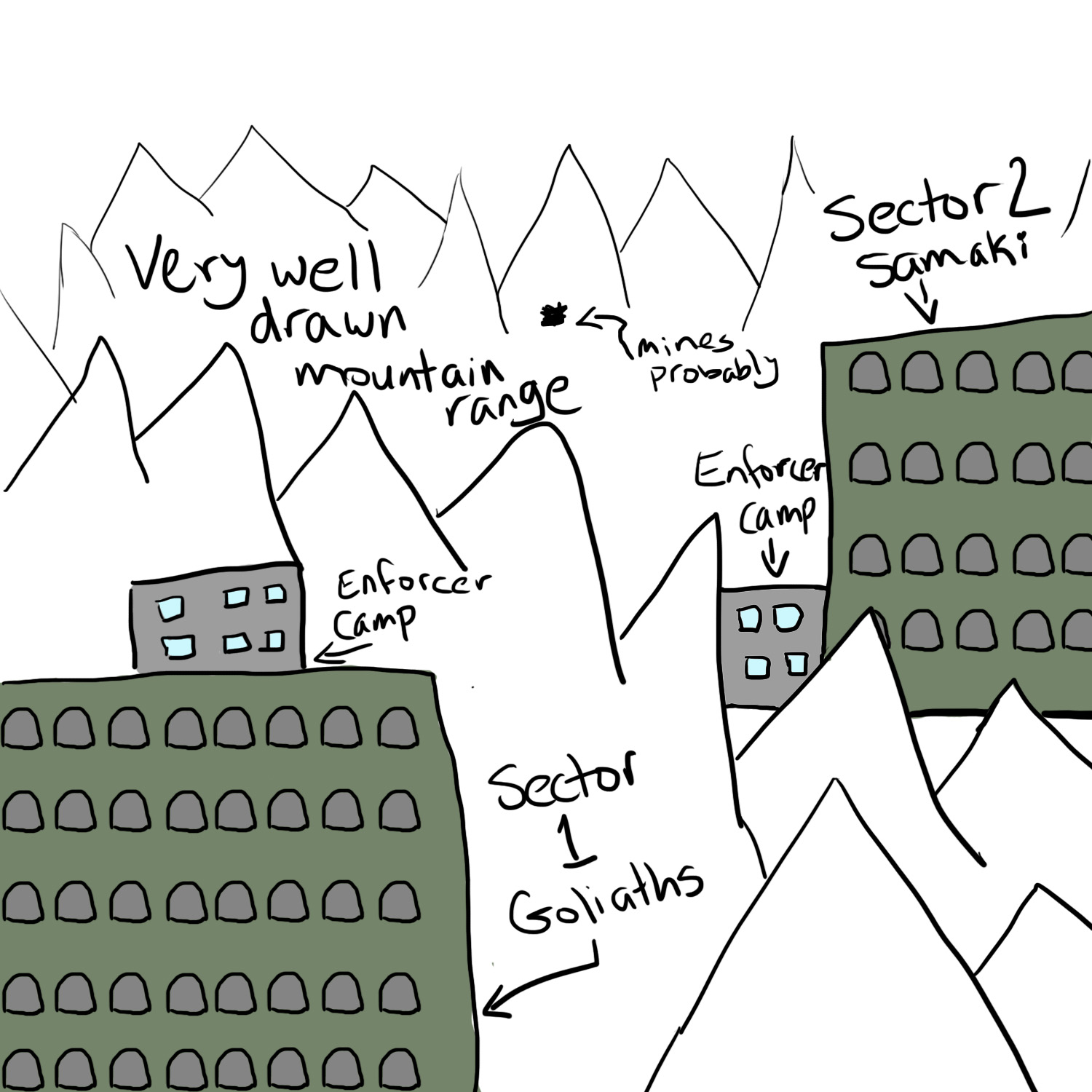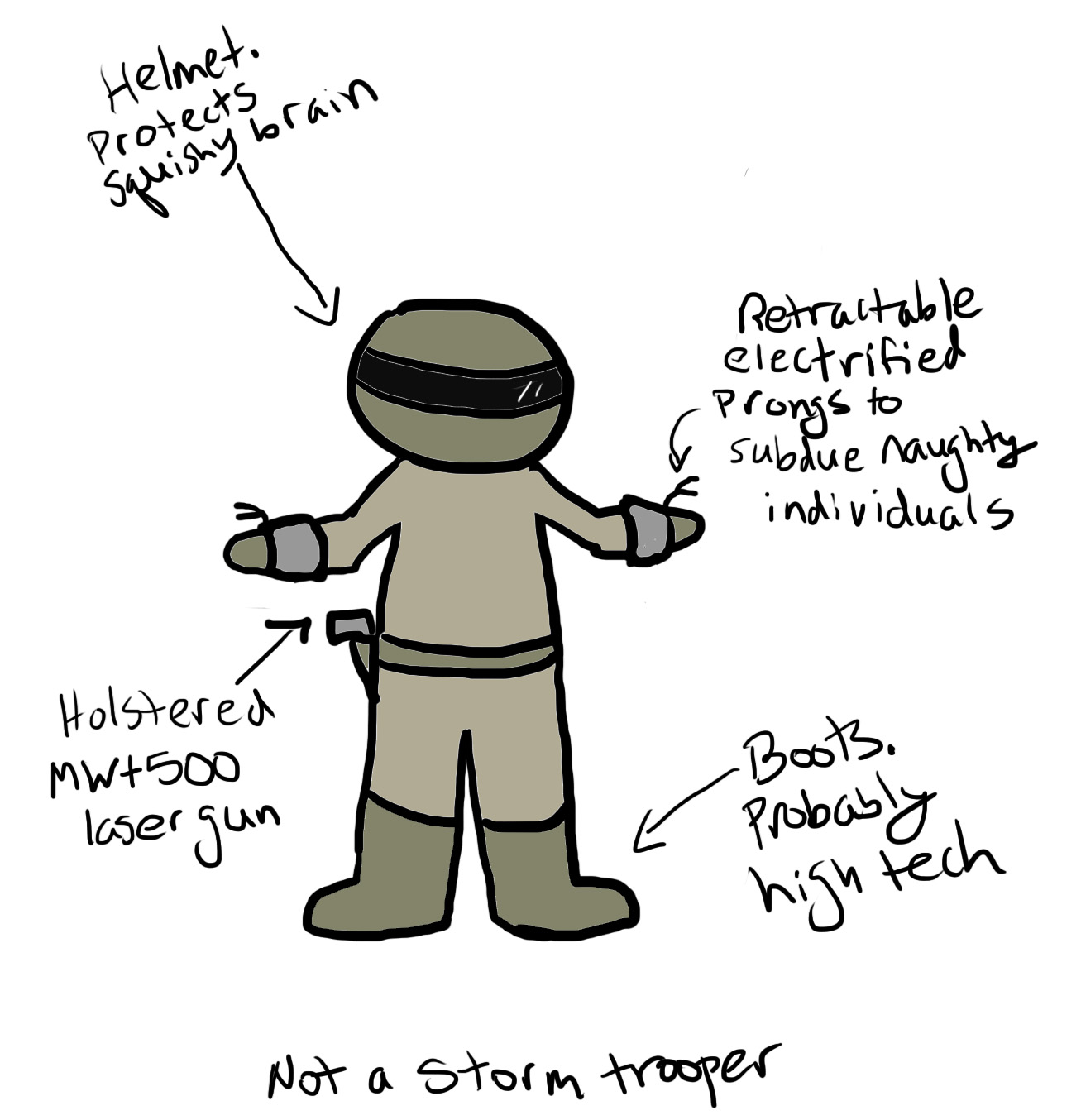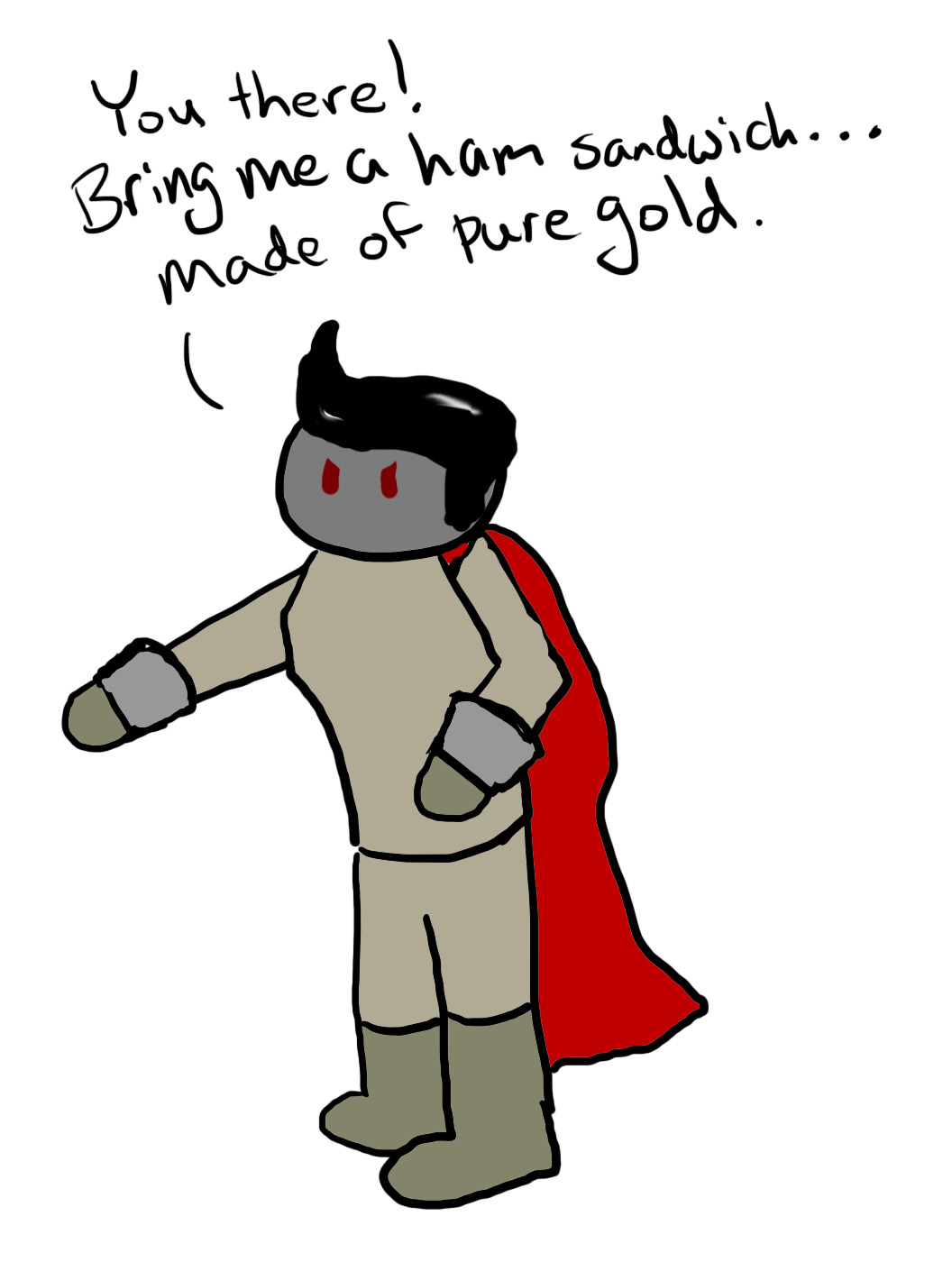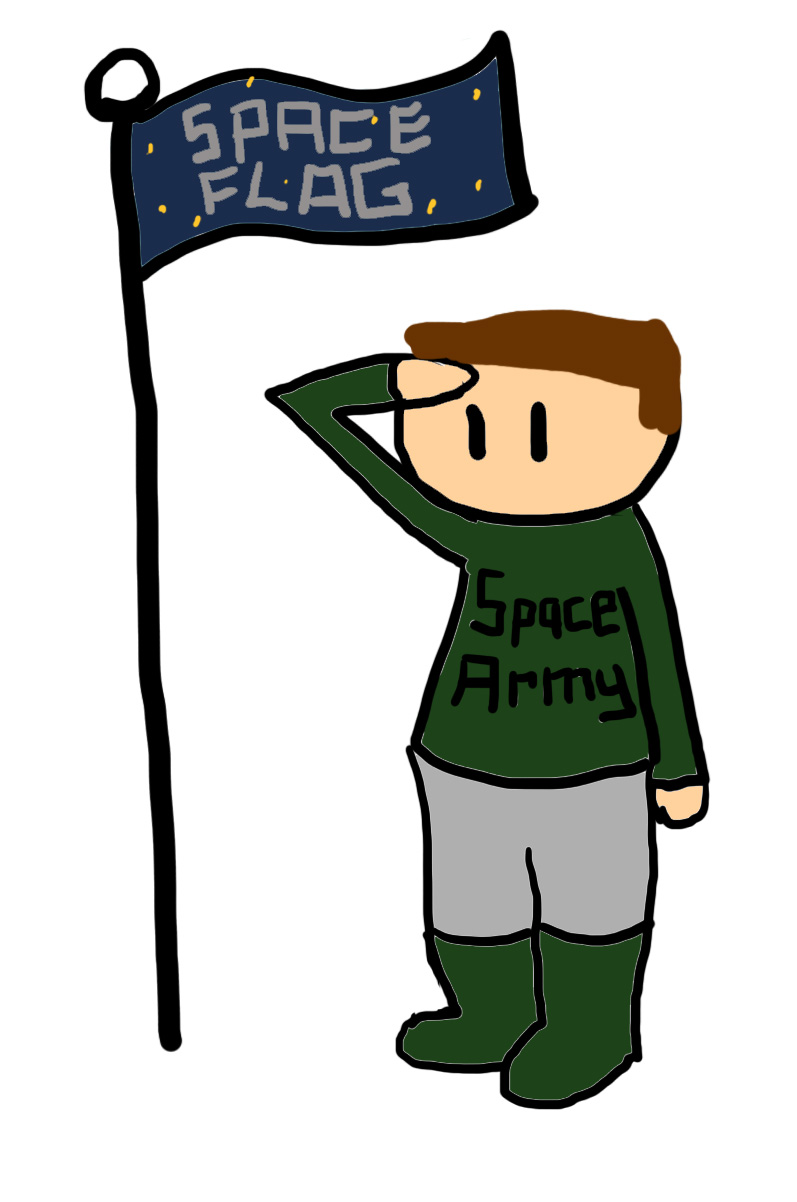Almost exactly twenty years ago, when I was thirteen years old and finishing up middle school, I wrote my first “book.” I put it in scare quotes because I’m sure the word count didn’t even approach 50,000, and also it was a book written by a sheltered thirteen-year-old horse girl with self-esteem issues. So it was by no means a good book. BUT it was the start of me wanting to write. I caught the bug, so to speak.
Incidentally, when I was teaching, I let my creative writing students read the first page of my thirteen-year-old self’s book and then roast me. You know, as a team-building exercise.
I don’t believe in fate or any kind of higher power. Or… I tell myself I don’t. But the fact that it’s been almost exactly twenty years… and I got this fortune out of a fortune cookie right after I started querying Falling for the Protagonist that said “Quiet faith will bring you boundless rewards soon”… Folks, I think my brain really wants to believe in fate.
Anyway, I have a literary agent now. And, folks (again), the impostor syndrome hit immediately. I didn’t even have a chance to let a single happy tear flow gently and poignantly down my cheek before my brain went numb with fear. It was a mental paralysis unlike anything I’ve ever experienced. What if I never wrote another book? What if I wasn’t as good at this as I thought? After all, I’d written many books in the past, and only two of them have been good so far. That’s not exactly a confidence-bolstering number.
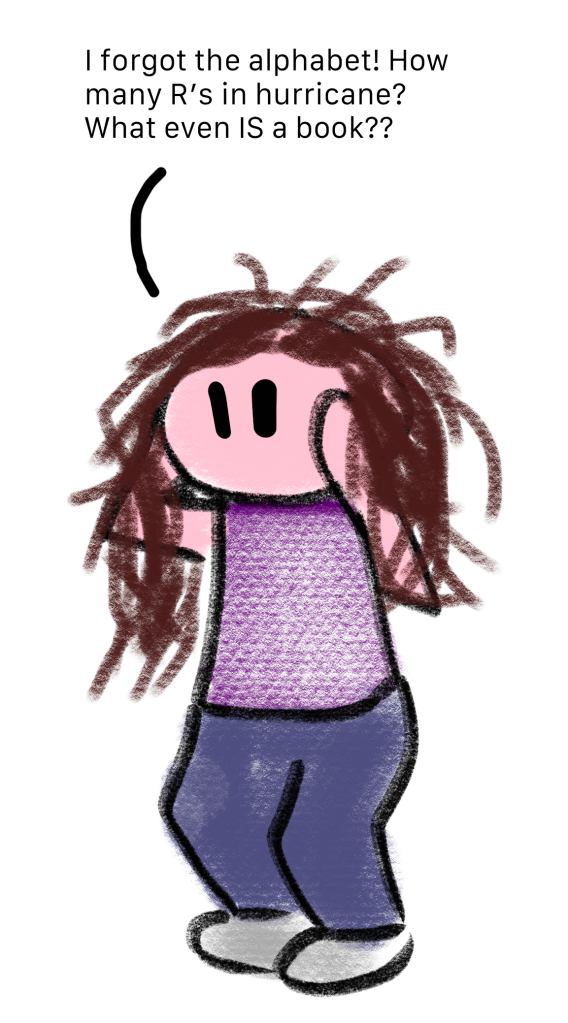
I’m not saying this to earn what I can only call congratulatory pity, where you’re both patting my back and also going, “You poor dear,” at the same time. I just want to be as honest as possible about my experience. I also caught the teaching bug a long time ago, so I’ve always wanted this blog to be at least somewhat instructive and informative in nature.
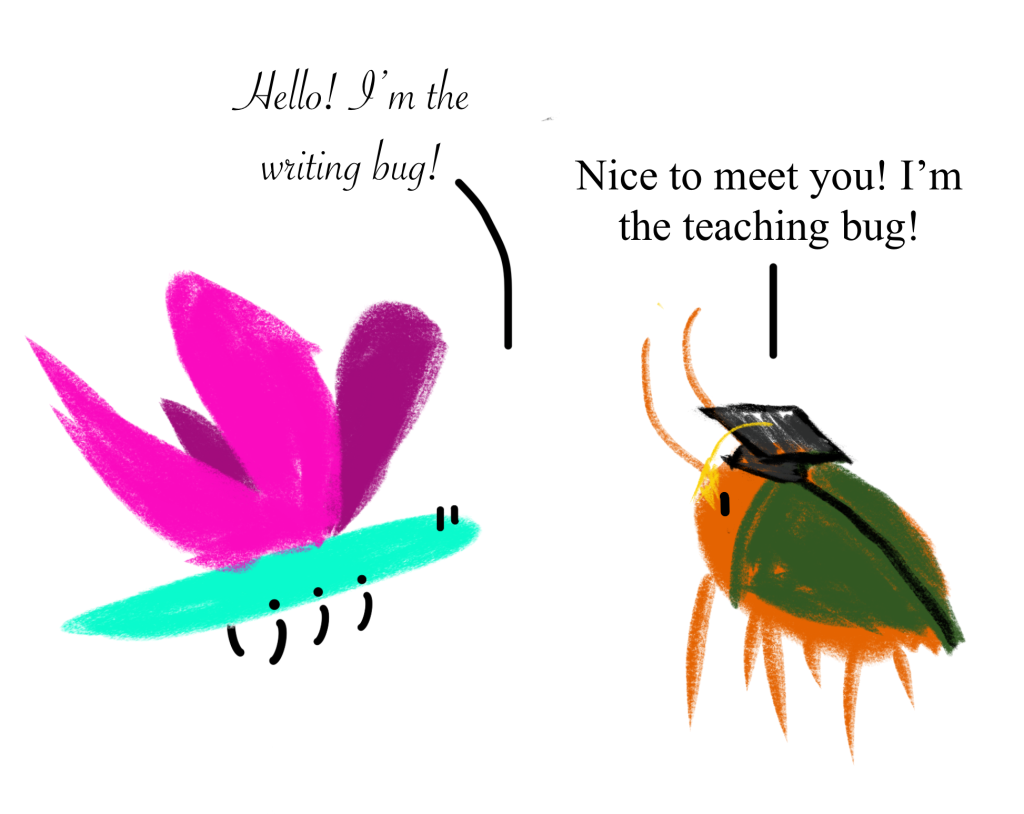
Fortunately, the happy did eventually make an appearance. And boy is it cool. This is just so cool, guys. I started this blog when I was nineteen years old (still somewhat sheltered and at least partially a horse girl), and my writing journey has been fraught with twists and turns. Though I started writing twenty years ago, I didn’t start thinking seriously about getting published until I was around sixteen. Still, that’s a long time to be trying without success. So in that other post when I said, “Hang therein“, I meant it! This industry is fickle and stressful, but there is no time limit on success.
So how did this happen? I queried over 40 agents, and as I said in the above linked Hang Therein post, the rejections started coming in. This is Normal and Expected, but of course it hurts! Especially since I believed in the idea with all of my Disney-Loving, Happily-Ever-After-Craving heart! But THEN one day in February, my younger son woke me up at like 5:30AM, and as I was doing the sleepy zombie shuffle downstairs to make him a snack, I checked my phone.
Kate Rizzo of the Greene & Heaton agency in London had requested the full manuscript. I was so sleepy that I genuinely had an experience that I’d previously thought only existed in fiction: I questioned if I was dreaming. To be fair, I had had dreams in the past where I’d gotten good news from an agent. (Waking up from those dreams sucks by the way.)
The last time I had an agent, it was because I had interned for her, and I hadn’t yet been diagnosed with ADHD. So when she offered me representation, I said yes immediately (Thanks, impulsivity) even though I didn’t think we’d be a good fit. I had no idea that I could tell her I’d think about it, query other agencies, etc. I do not mean to badmouth my previous agent! I am so grateful to her for giving me and Hellbound a chance, for believing in what we could do, and for doing the best job she could for the book. But we weren’t a good fit. It’s okay to admit to yourself that an agent doesn’t feel like a good fit to you.
Anyway! Kate had requested the full manuscript. This is something not every writer knows, so I will say it plainly: A full request is good news because you are potentially one step closer to the goal, but it is not a guarantee of representation. An agent can and will reject a full MS if they read through it and decide the book isn’t for them after all. Typically, if this rejection happens, you will get more than the boilerplate email template rejection. The agent will give you a critique or summary of their reasoning for rejection.
Anyway, it is very hard to be extremely happy while simultaneously preparing yourself for rejection. Especially when rejections from other agents are still rolling in. I started to ask myself, “What are the chances that all these other people are saying no, but this one person is going to say yes?” (Spoiler Alert: The chances are pretty good. Because, as far as I can tell, that’s often how finding representation works; in a sea of disinterested fish, you find that one fish who is interested.)
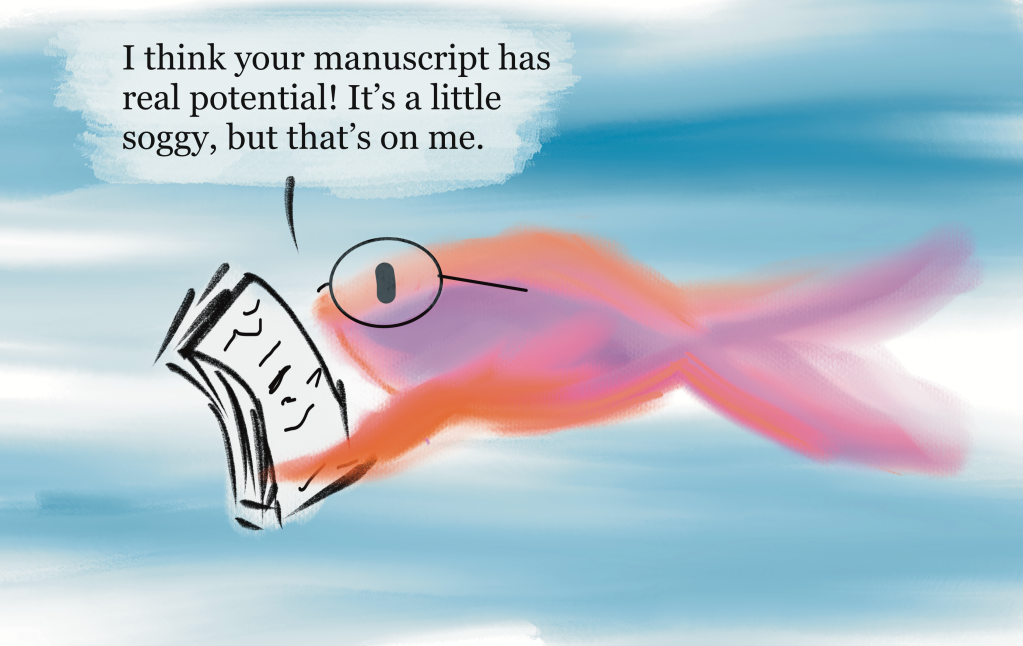
I managed to handle the wait, but I don’t think it was easy to live with me at the time.
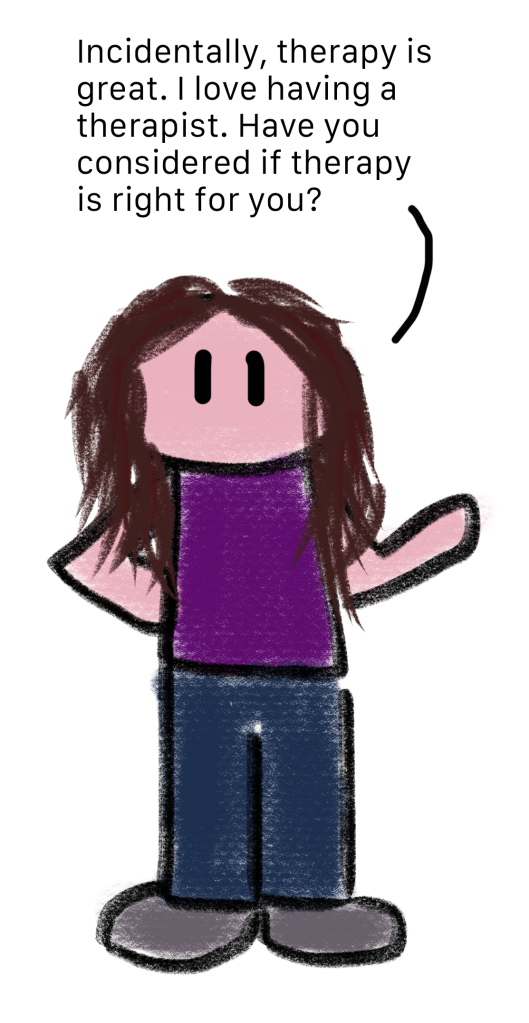
You already know how this story ends, so I won’t drag it out. Kate read the book, we chatted, she offered me representation, I took some time to think about it (Take that, ADHD!), and then we chatted again. It was during chat number 2 when I accepted representation.
And now I have a literary agent 20 years after I wrote The Dreamcatchers Dream Walkers.
I swear I don’t mean to be a Debbie Downer, but I also have to point out that having representation is not a guarantee of publication. The entire publishing process is a rejection factory.
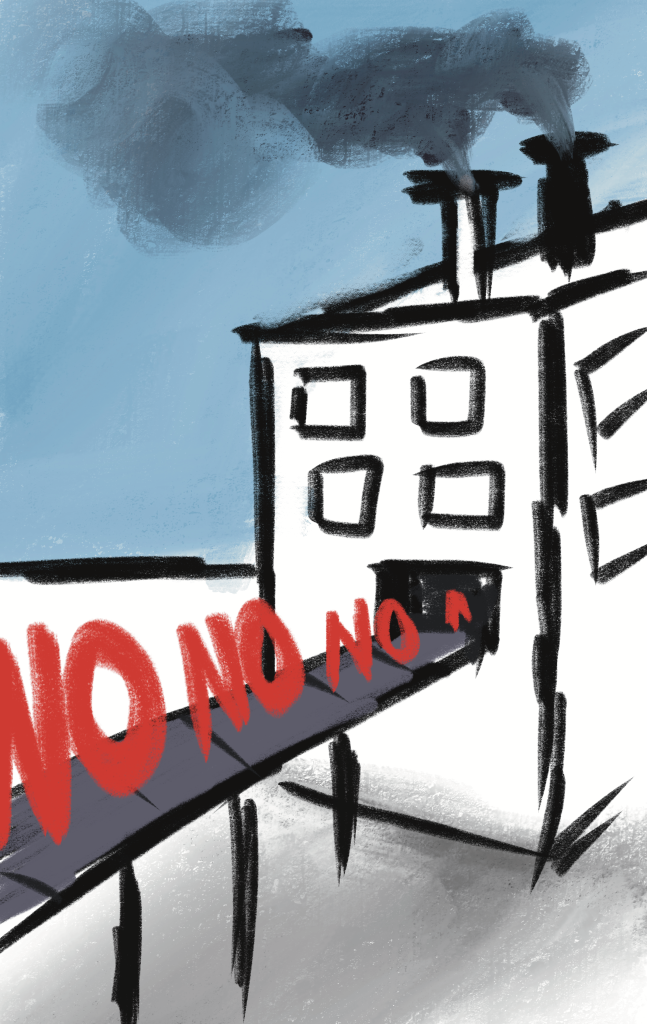
I understand this well, especially after my journey with Hellbound, and I’m only pointing this out because I don’t want anyone out there to be like, “Congrats on getting published!” I’m not published yet, but I’m certainly not trying to bring the mood down by pointing that out. The mood is great. The mood is moodtastic. Because, regardless of eventual publication (or lack thereof), it is so exciting and wonderful to have someone believe in you and your work. And, hey, if not this book, Kate and I can try another one! I’m looking forward to documenting my progress through this blog. I’m glad I impulsively decided (Hm… okay, you win this one, ADHD) to start it back up even though no one blogs anymore. I like having a record of where I’ve been and what I’m doing writing-wise.
If you’ve read this far, thanks! Wish me luck!



